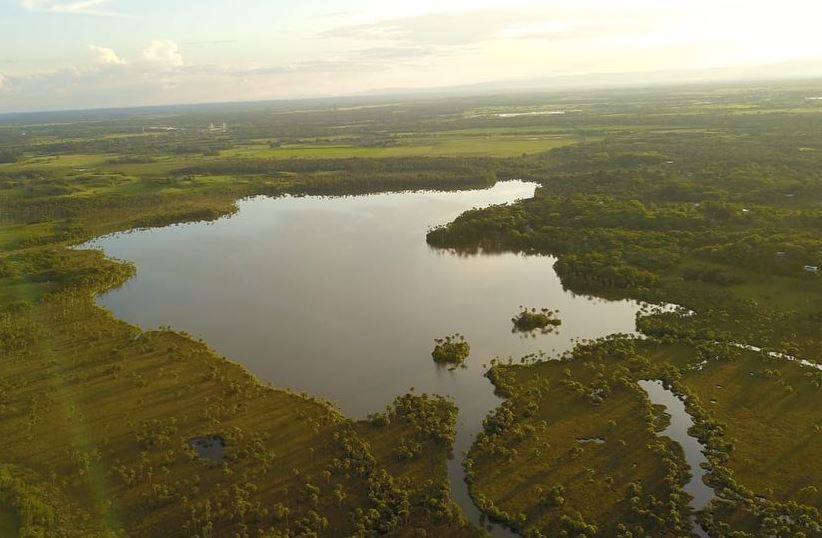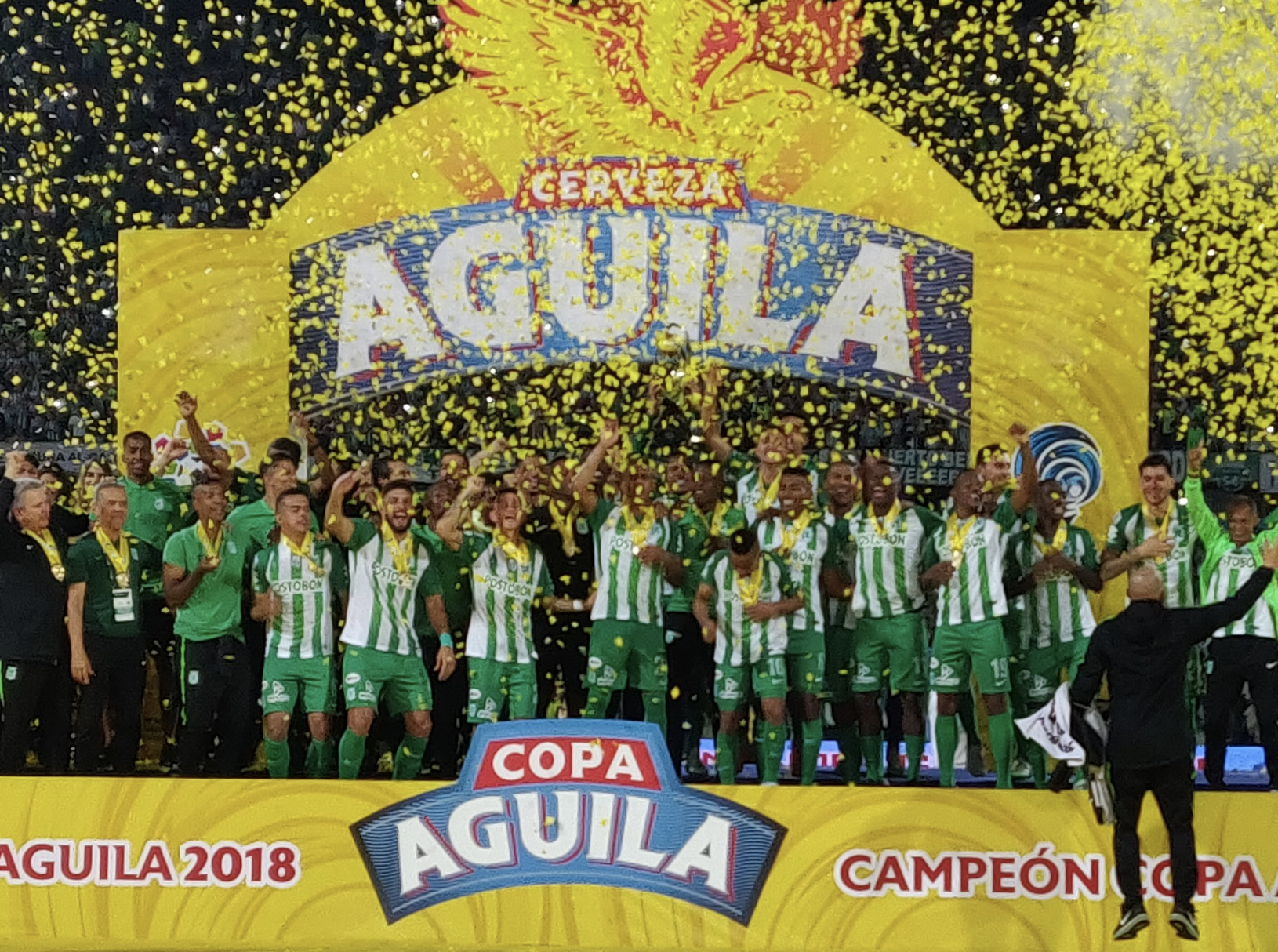As some former members of Colombia’s most influential guerrilla movement run off to join other criminal groups, certain individuals have developed an initiative they believe will allow them to reintegrate back into civilian life, whilst also financially sustaining themselves.
From now on, some demobilised members of Colombia’s Revolutionary Armed Forces (FARC) will turn their hands to ecotourism, offering travellers the opportunity to experience the lifestyle they lived throughout Colombia’s armed conflict.
Visitors will sleep outdoors in guerrilla-style camps, bathe with cold river water and cook simple food with campfire-style apparatus, reported a tongue-in-cheek style piece from British newspaper The Telegraph.
With reports already in the news, one female ex-FARC member denied the truth behind the story. However, speaking to ex-FARC chief Andrés Paris, the former guerrilla fighter confirmed that the reports were indeed accurate.
“Yes, there are ecotourism projects, in rural areas. In some regions…” Paris told Colombia Focus.
A recent feature by The Independent also details an ecotourism project entitled Ambientes Para la Paz or ‘Environment for Peace’ which is taking place in the Mariana Paez Farc reincorporation zone in the central Colombian department of Meta.
The tour guides’ goals are not only to encourage the world to experience Colombia’s biodiversity and get to know the range of different ecosystems, but also to clear up the curiosity surrounding the former guerrilla group.
“The war for so many years made foreigners scared to visit,” a young former-FARC tour guide named Farfan told The Independent. “But the world needs to see this.”
Since the Peace Agreement was implemented in 2016, reintegrating former FARC soldiers back into civilian life has been an uphill struggle, not helped by the presidential elections and change of government in August of this year.
Speaking about reintegration, ex-chief Paris maintained that on a government level, not enough is being done to stick to promises made in the 2016 agreement. He also alleged that his men had also fallen victim to over 70 murders since the pact was established under the government of former President Juan Manuel Santos.
Anger and frustrations have meant that many former FARC rebels have simply refused to give up their armed struggle. As President Duque maintains his refusal to negotiate with fellow left-wing group ELN until they “release captives and end all criminal activities,” the group continues to recruit ex-FARC dissidents and even Venezuelan migrants, El Colombiano reported.
The outcome of the ecotourism initiative, therefore, seems to be resting on two premises. Whether former FARC members will be able to encourage more of their fellow ex-soldiers to get involved as opposed to joining other criminal groups, and whether the idea will indeed be popular among travellers, with the potential for former camps to transform into tourist hotspots.
Additional reporting by Illimani Patiño.







